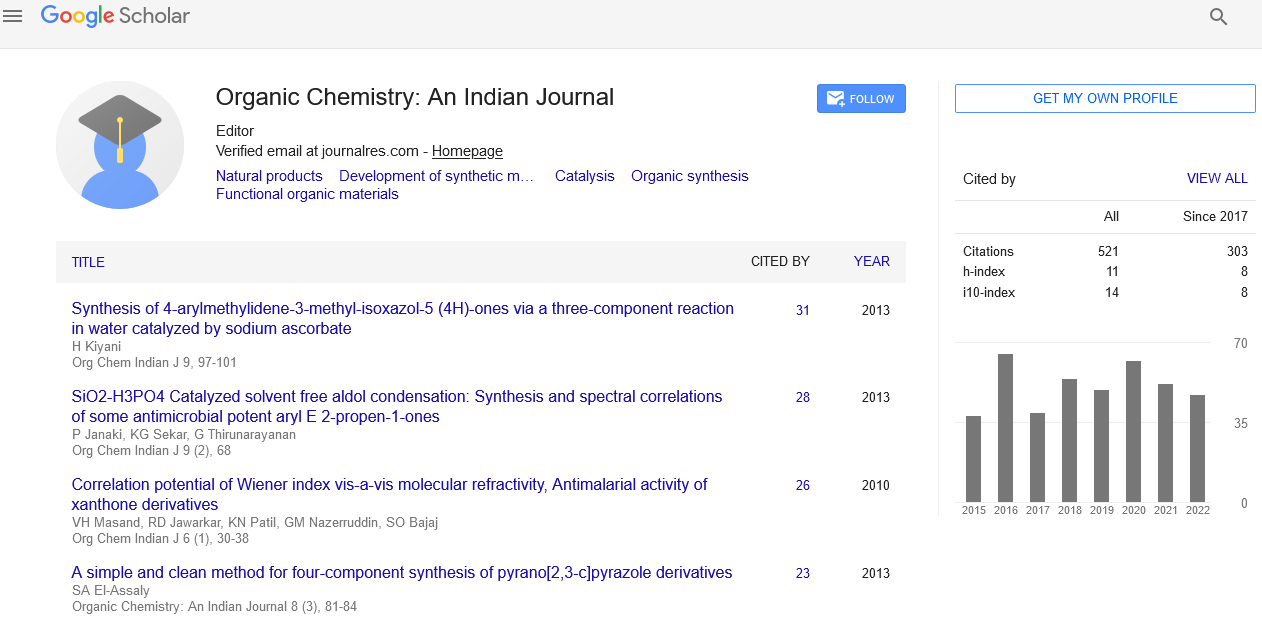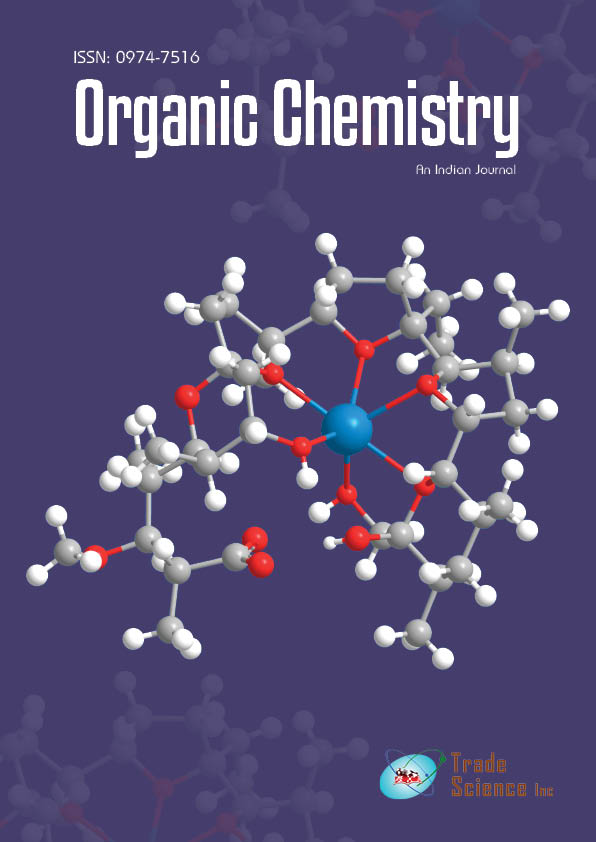Abstract
The Effect of Compressed Air Foam on the Detection of Ignitable Liquid Residues on Fire Debris Samples
Author(s): Victor Omondi*Compressed air foam is a substance that is used as an extinguisher delivery system for fire suppression in various fire scene case scenarios. It’s due to its high fire extinguishing efficiency, use of less water hence suitable for areas with no water such as rural areas and its range of large fire suppression has made it receive considerable attention. Therefore, this technology is widely being accepted as an alternative source to water as a fire extinguishing agent which is commonly used because of its surface tension properties making it more efficient. Although both water and compressed air foam are being used, have certain advantages and also inherent limitations that should be considered. Unfortunately, there is one study that has been done to investigate whether the introduction of foam to the seat of the fire created any problems in subsequent analyses of fire debris samples using gas chromatography-flame ionization detector. No significant interferences were found from the foam when the samples were analyzed suing activated carbon strips. The only foam component found was limonene. To date there has been no research published as to whether the foam causes any interference on subsequent analyses of accelerant analyses making this study very unique. This study main objective is to prove that no interference is brought about by the introduction of foam during fire suppression and in the analysis of ignitable liquid residues from fire debris sample. This was achieved through the use of gas chromatography-mass spectrometry which is capable of carrying out extracted ion analysis hence able to prove that no significant interferences from the foam.

